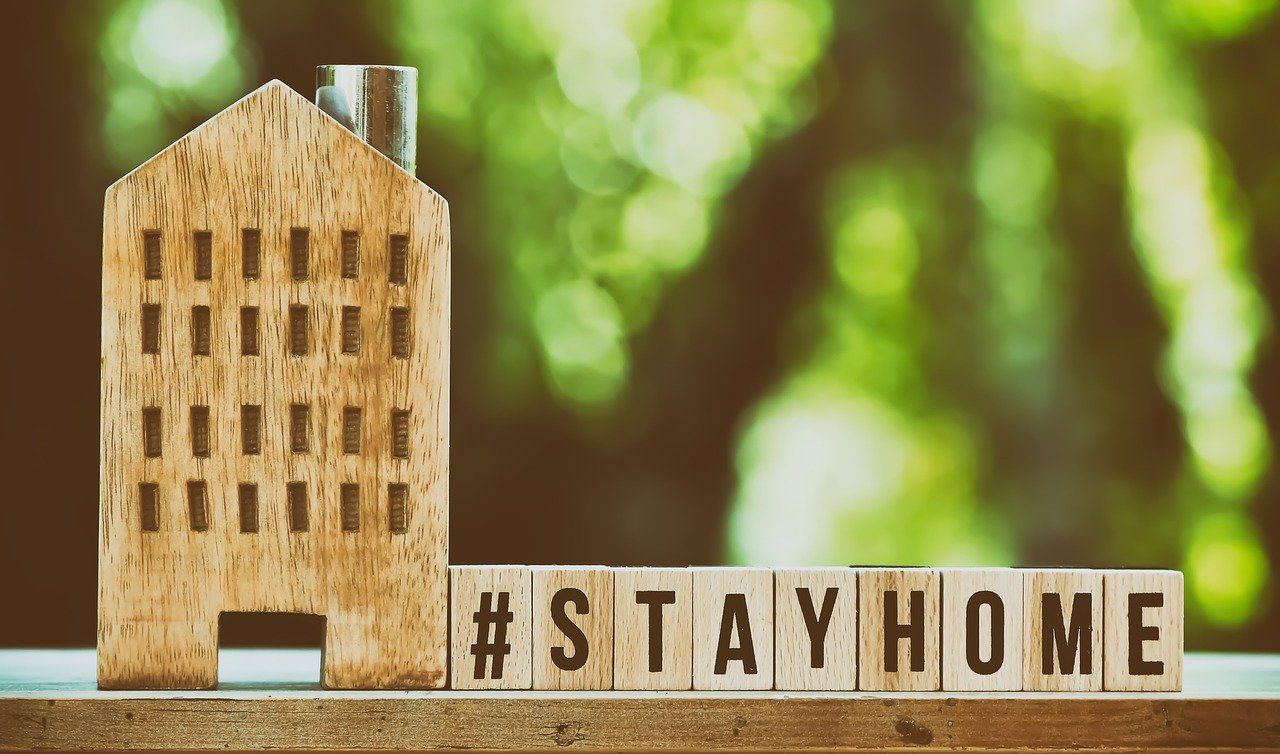This exceptional post came across my feed the other day: "[My son] is missing his Dad terribly. We've been doing video calls and meetings through doors but we can't keep this up much longer. [My ex] is still working with the public and worried about exposure. Ideas on how to safely allow an overnight visit, play time, or at least a hug?"
This kind of co parenting is rare. Too often, parents use children as a way to hurt their former spouse. This not only damages the children, but it damages any credibility they need in court. Co parenting during this pandemic has been pushed to its limits. We, as attorneys, are seeing the best in parents and the absolute worst right now.
During 2020's spring break, children were withheld from visitation for unjustified reasons, although parents used Covid-19 as an excuse. Judges were making emergency decisions and had little sympathy for parents weaponizing this deadly virus against one another. Even if your child is vulnerable (asthma or diabetes or another health condition) or the other parent is an essential worker, there are ways to maintain a relationship between parents and children. Video chats, social distance dinners, lunches, and chats can be arranged. The point of co parenting right now is the same it always has been: whatever is in the best interest of the child. It is in the best interest of your child to be in good health, physically and mentally. Parents sharing the care and raising of children, but in separate homes, are going to make choices to keep their children safe from the virus and keep them in contact with the people whom they love the most--their mom and dad.
With summer break approaching, and potential spikes in the virus as we move toward more states opening, communicate with your fellow parent. This is the perfect opportunity to decide exactly what activities are safe for your children, if you should travel to other states, and whether or not interaction with other people and children will be allowed. Even though you trust each other, get it in writing. The care and safety of your children has never been more important.
We live in an unprecedented time. Pay attention to the advice of experts. Remember your rights and the rights of your children. Remember, it will get better, and we are here to help.










